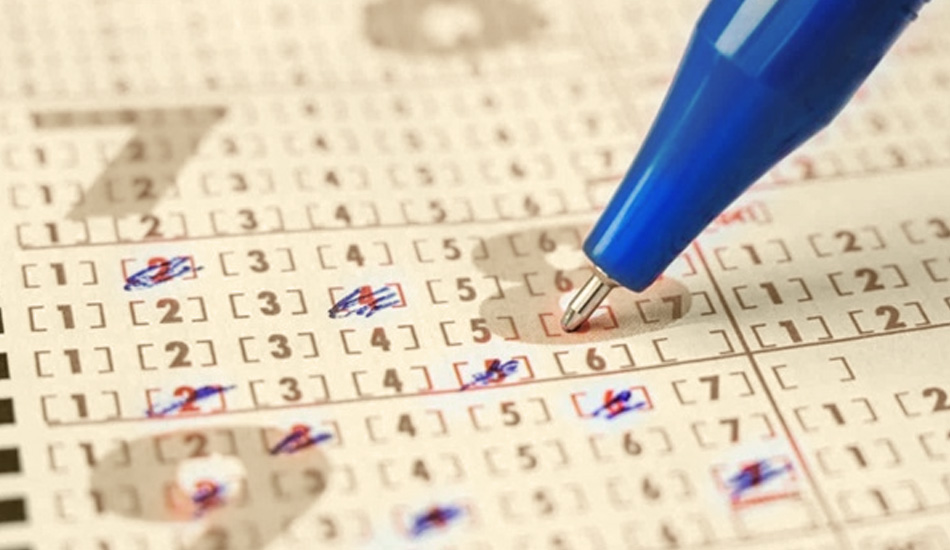The lottery is more than a game-it's a phenomenon that captivates millions. Despite the long odds of winning, people continue to invest time and money in tickets. What drives this enduring fascination? Let's delve into the psychology of lottery players and the allure of winning.
The Dream of Instant Wealth
One of the primary reasons people play the lottery is the promise of life-changing wealth. For a few dollars, players buy not just a ticket, but the chance to imagine a brighter future. This dream fuels hope, even if the odds are stacked against them.
Winning the lottery represents freedom from financial struggles, offering the possibility of fulfilling desires like traveling, buying a home, or supporting loved ones.
The Thrill of Anticipation
Purchasing a lottery ticket creates a sense of excitement and anticipation. The time between buying a ticket and the drawing allows players to fantasize about winning, triggering a release of dopamine, the brain's "feel-good" chemical. This psychological reward can make the act of playing addictive.
The "What If?" Factor
Many players are drawn to the lottery because of the simple yet powerful question: “What if I win?” This sense of possibility keeps people engaged, even after multiple losses. The small cost of a ticket feels worth the chance to imagine a better reality.
Social Influence and Group Dynamics
Lottery fever often spreads through social influence. When jackpots reach astronomical figures, friends, coworkers, and family members encourage each other to play. Group purchases or lottery pools amplify the excitement, making the experience feel communal rather than solitary.
The Psychology of Winning
For those who do win, the experience is life-altering, but not always in predictable ways. Studies show that lottery winners often experience an initial surge of happiness, followed by a period of adjustment. Factors like how winnings are managed and social relationships play a significant role in long-term satisfaction.
Interestingly, some winners continue to play the lottery, suggesting that the thrill of the game is separate from financial gain.
The Role of Hope in Difficult Times
For many, the lottery offers hope during challenging periods. When financial struggles, job stress, or other difficulties arise, the lottery serves as a small beacon of optimism. Even if the odds are low, the belief that “someone has to win” keeps players coming back.
Conclusion: The Power of Possibility
The psychology of playing the lottery is rooted in hope, anticipation, and the allure of possibility. While the chances of winning are slim, the emotional rewards-however fleeting-make the experience worthwhile for millions. Understanding these motivations helps explain why the lottery remains a global phenomenon, capturing hearts and imaginations across all walks of life.

